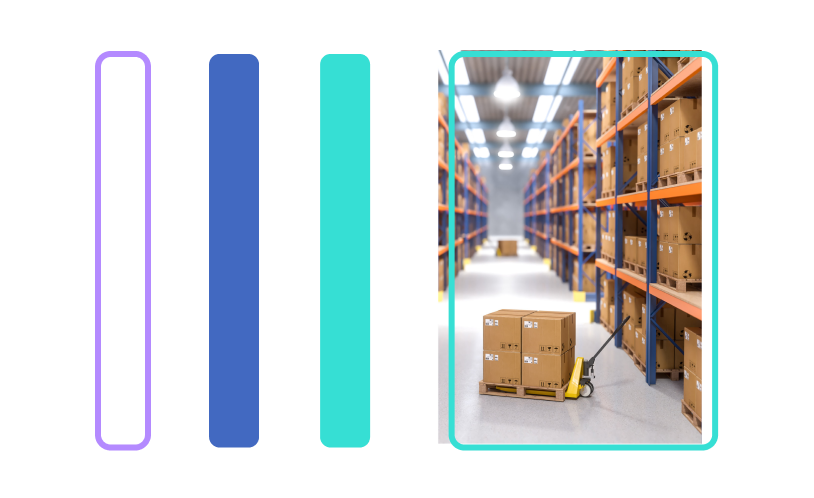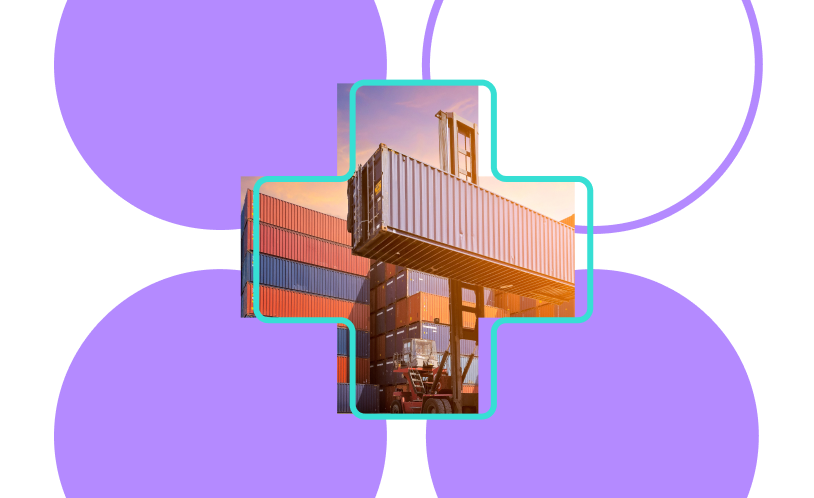Many new importers assume that the supplier they are talking to is actually the manufacturer who owns the factory. But if you’ve found them on Alibaba, chances are they are probably a wholesaler or trading company. This guide covers the advantages and disadvantages of dealing with each of these three types of suppliers.

Trading Companies
Trading companies, or traders, are similar to wholesalers. The main way that traders differ is that they typically don’t take ownership of the goods. Importers typically want to go directly to the manufacturer, but this isn’t always practical.
Advantages
- Traders will have much better English language skills for communicating with you.
- They do the direct dealings with factories, and usually, have good working relationships with several of them.
- You can source across multiple product categories, as they often deal with disparate factory types.
- Trading companies usually accept lower minimum order quantities than manufacturers.
Disadvantages
- You don’t know who the actual factory producing your product is.
- Traders don’t accept liability for defective products.
- They have a higher (but still unlikely) chance of “disappearing” or evading communication.
- You are paying their markup, which is usually 5% or higher. They may not be more expensive, however, because they get discounts for buying in bulk.

Wholesalers
This type of supplier differs from a trading company in that they buy the products and often also import products themselves.
Advantages
- Wholesalers often have western representation, making communication much easier than with most Chinese factories.
- If they have a warehouse in America, your lead time and shipping costs could be reduced.
Disadvantages
- You are often paying a 20-50% higher price when buying through a wholesaler than through a trading company or factory.
- Wholesalers generally only deal with standardized products and usually can’t arrange customization.
Manufacturers
A manufacturer is the actual owner of the factory or factories.
Advantages
- When you’re looking to manufacture a product, you should always try to go directly to a factory. You will get more control over production than with other types of suppliers, and get a better profit margin.
- Dealing directly with the manufacturer gives you the best price and the most choice for customizing your products.
- You have more control over quality standards.
Disadvantages
- It can be difficult determining how reliable they are.
- Their sales reps often have only rudimentary English language skills.
The “paper trick”. To find out if a supplier has direct access to the factory, tell your sales rep that you want to see what the production facilities look like. Ask them to write your name and date on a piece of paper and have them take photos of the factory with that piece of paper in the image.



